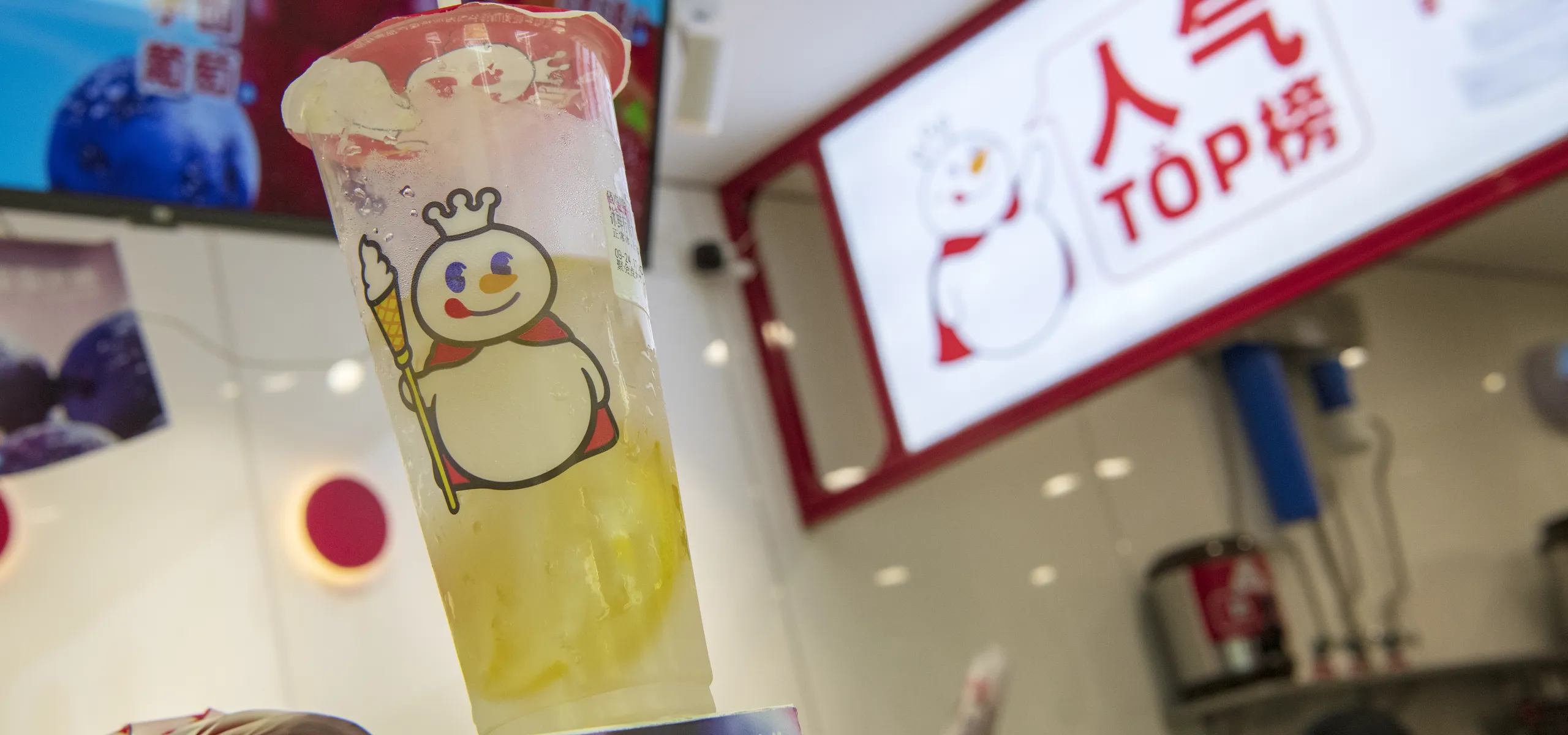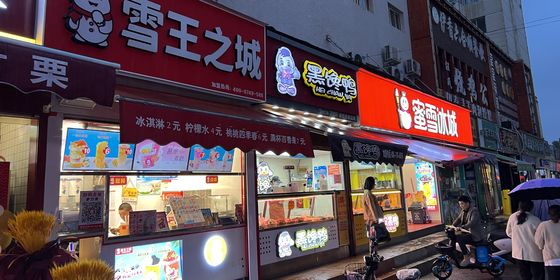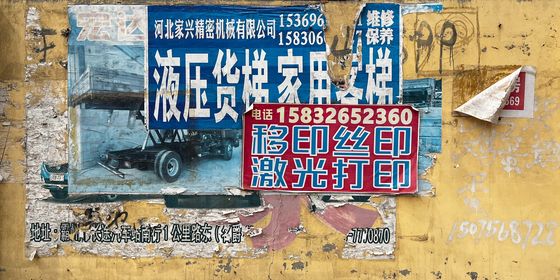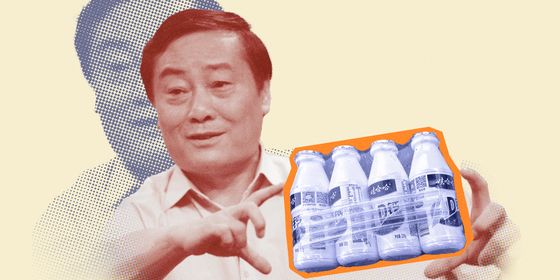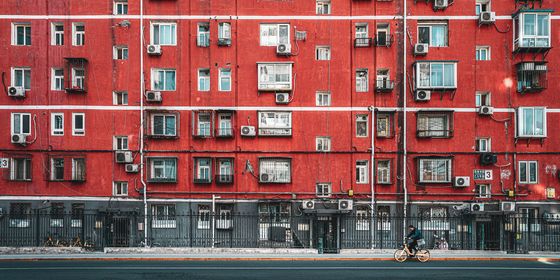How a budget brand rose to become China’s biggest milk tea franchise
Right now ought to be a tough time to sell milk tea in China. Around three years into the Covid-19 pandemic, approximately 370,000 food and beverage outlets in the country have closed, nearly 22 percent of them milk tea shops, according to business news publication Late Post.
Yet amid this industry-wide carnage, with consumers tightening their belts and rolling lockdowns suppressing street commerce, one budget milk tea brand with garish marketing, almost no fresh ingredients, a bizarre snowman called the Snow King as its brand ambassador, and 2 yuan ice cream is expanding at around 6,000 new stores a year.
Mixue Bingcheng, or Mixue Ice Cream and Tea, was founded in 1997 by brothers Zhang Hongchao and Zhang Hongfu from rural Henan province, as a small ice cream, drinks, and fast-food joint in a dusty part of the provincial capital, Zhengzhou. It has since developed into the largest and probably most profitable milk tea and ice cream empire in the country, with over 20,000 stores—mostly in less affluent provincial hubs, suburbs, student areas, and “lower-tier” cities.
The company made 1.91 billion yuan profit in 2021 (a year when it sold an estimated 3.5 billion drinks), has a viral social media presence, and has even gone international, with hundreds of stores mainly across Southeast Asia. It has boomed via a low-price strategy and low-cost business model which first targeted less affluent customers in smaller cities, and has even inspired higher-end brands to lower prices and follow its lead.
For consumers, the price is Mixue’s main draw. “A large cup of lemon tea costs just 4 kuai,” says 30-year-old Beijing resident Li Zhengyi, explaining that he buys it to feel “cool and refreshed.” Used to more expensive drinks priced around 20 yuan or higher from brands, Li, who works in social media marketing for food products, first came across Mixue in a small city in Sichuan province, and initially “thought it was a copycat version of one of the more high-end milk tea shops.”
With the country’s economy slowing, graduate unemployment high, and pandemic controls weighing on demand, some consumers have been drawn toward low-priced alternatives to their favorite brands. In the milk tea industry, that has meant budget brands like Mixue are now expanding even into the largest cities like Beijing and Shanghai. Consumers increasingly want “relatively cheaper goods but with a similar experience,” says Hu Yuwan, vice president at Daxue Consulting, a marketing consultancy firm.
For others, the brand’s unpretentious nature and low prices trigger nostalgia. “Their ice cream brings me close to my childhood memories,” Zhang Meng, a 29-year-old from Baotou, Inner Mongolia, tells TWOC, explaining Mixue reminds her of the stalls that used to sell ice cream outside her high school. “It’s not as good as ice cream from [high-end milk tea brand] HeyTea, but the memory is wonderful,” Zhang reminisces.
At Mixue, there’s iced lemon tea for 4 yuan, bubble milk tea for 6 yuan, Oreo sundaes for 6 yuan, and—the jewel in the Snow King’s crown for nearly 20 years—a soft serve ice cream cone for 2 yuan. Other large brands price their milk tea from around 15 yuan and up, while premium joints such as HeyTea and Lelecha sell at around 30 yuan a drink. Mixue effectively has no major competitors in its price range.
The low prices are suppressed via a franchise system where the company produces its own ingredients and then sells them to stores in vast quantities. While most other milk tea brands operate their own stores, just 47 of Mixue’s 20,000 outlets are directly operated by the company. The rest are franchisees who pay a management fee typically between 7,000 and 11,000 yuan a year, depending on the shop’s location.
Management fees bring in about 2 percent of Mixue’s annual revenue, while ingredients rake in 72 percent, and equipment like cups and straws make up 20 percent. In 2021, the company made over 300 million yuan just from selling straws. It might be more accurate to call Mixue a food production and logistics company, rather than a milk tea outlet, since nearly all of its revenue comes from selling ingredients to stores that bear its logo and brand.
The company established its own supply chain in 2012 to produce nearly all its own ingredients, few of which are fresh. Most of their drinks are made from powders, which also reduces cold-chain transportation and storage costs. Using powdered milk instead of fresh, for example, reduces the cost of producing a cup of milk tea by 1.5 yuan, and that’s without the cost of the cold logistics chain required to transport fresh milk.





